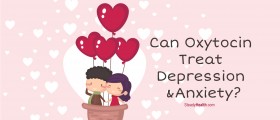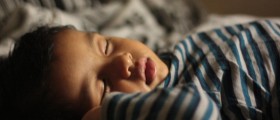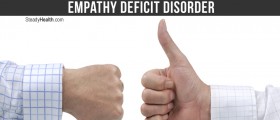
What is Reactive Attachment Disorder in Adults?
It is a disorder that is manifested through a failure to create loving and lasting relationships. People who suffer from this disorder have traits that are typical for people who are incapable of showing empathy and a sense for conscience, remorse and regret. They can be rude to people as well as to their pets, and they don’t allow anyone to control them. Initially, this disorder appears during the first three years of life if one of the parents abuses the child, or if a parent is separated from the child physically or emotionally. If we experience this kind of childhood during the first three years of our life, we will fail to connect with others throughout our life. People who suffer from this type of disorder have serious issue and they need a professional help, so that they could lead their life as a fulfilled and mentally healthy individual. They are full of repressed anger and carry a burden of abandonment.
Symptoms of Reactive Attachment Disorder in Adults
Some of the most obvious symptoms that can reveal this disorder are presented here. First, you can hear that a person is complaining about the inability to fit into the surrounding. A vast majority of them lead an isolated, lonesome life. Avoidant reactive attachment disorder symptoms include the avoidance of intimacy, self-reliance, fear of intimacy, hostility, lack of empathy, intense self-critical attitude, and intense anger.
People who suffer from ambivalent reactive attachment disorder have symptoms that include compulsive care giving nature, a strong urge for intimate contact, idealization of others, imbalance relationships, they tend to be possessive, jealous, but suicide attempts and mood changes are also possible. People who have this type of disorder may feel sad and empty. They always strive for love and affection, but they can`t return it to others. They find it difficult to let go the negative feelings from the past, they are difficult in forgiving, and they become more and more withdrawn in themselves.
If a person realizes that he/she suffers from a reactive attachment disorder, he/she should undergo a treatment. The treatment is a long process, and the whole family has to be included. People need to show them love, care, and even though it may last for years, a positive outcome is guaranteed under such circumstances. This will make them be better people and lead a healthy and happy life.

















Your thoughts on this
Loading...